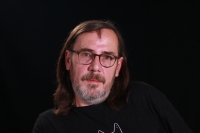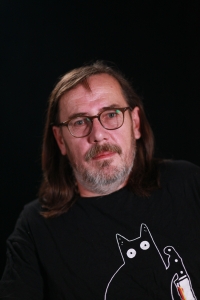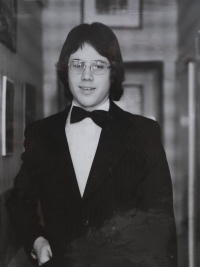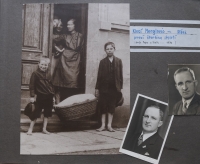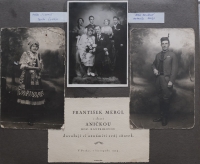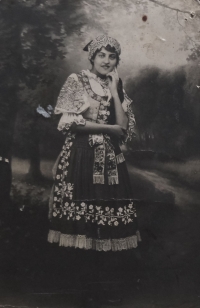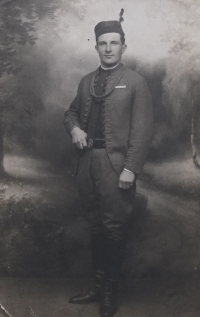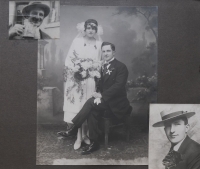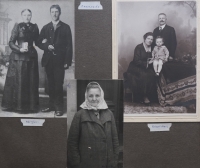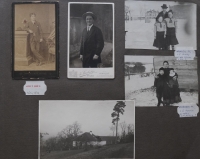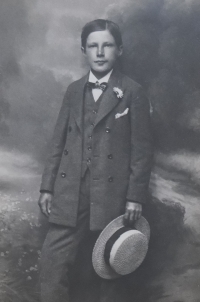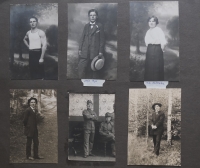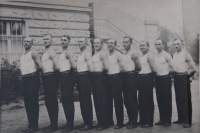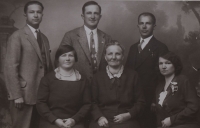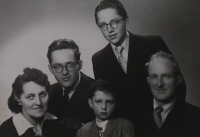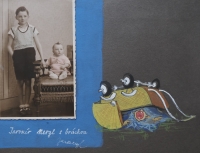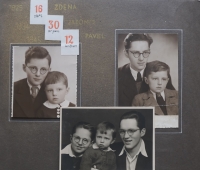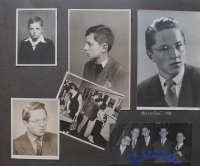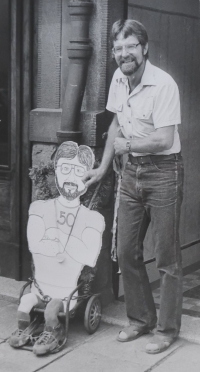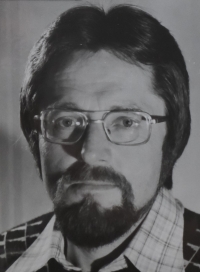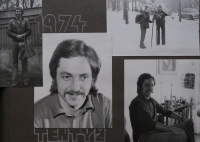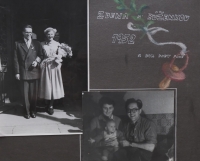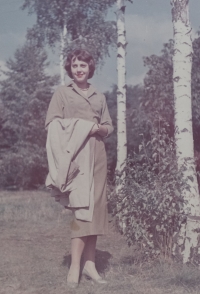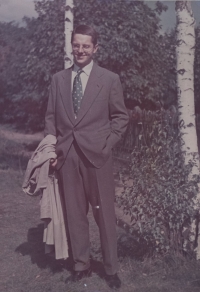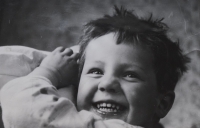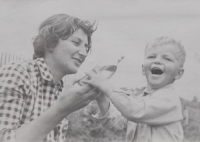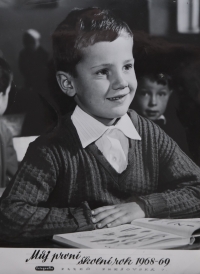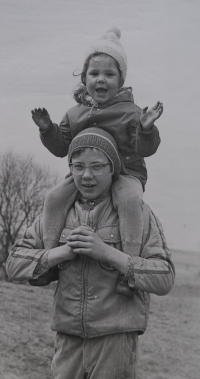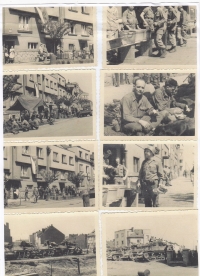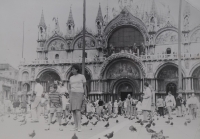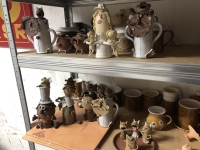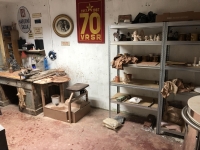After they killed our grandfather, my grandmother said she would like to live to see the day when communists hung from the lampposts
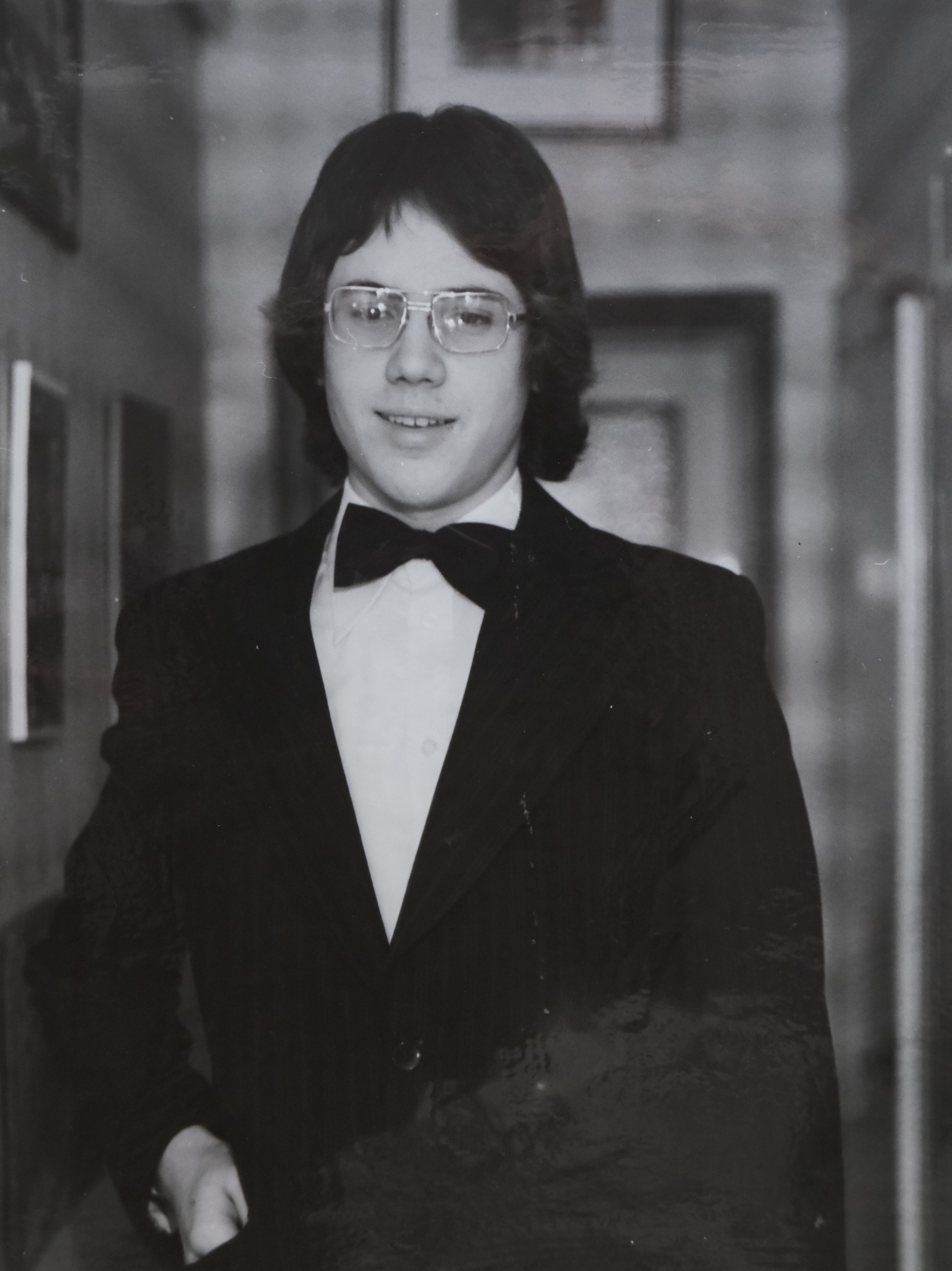
Download image
Jaromír Mergl was born on 16 June 1962 in Pilsen to Emílie and Jaromír Mergl. His grandfather, František Mergl, was a committed Masaryk adherent and Sokol member. The National Liberation Monument with the statue of the first Czechoslovak president, Tomáš Garrigue Masaryk, proved fatal for him. During a demonstration against the currency reform on 1 June 1953, he stood up in defence of the statue, for which he was arrested. He died in Bory Prison, but his family never learned the cause of his death. Jaromír Mergl graduated from the secondary vocational school at the Škoda factory in 1982 and continued his studies at the University of Mechanical and Electrical Engineering, which he did not complete. In 1984, he started working at the West Bohemian Directorate of Communications. During his military service, he got a permanent discharge by simulating epilepsy. From 1984 to 1992, he played in the punk bands Imrvéreband, Jazz Rhinitis, Chronic Innocence, Mixed Feelings and Mill Fire. From 1986 to 1990, he worked at Fenolka, a sewage treatment plant. In November 1989, he, Pavel Bobek and Josef Bernard called for a general strike by the Škoda workers. In 1994, he moved to the Krkonoše Mountains with his first wife. He became independent and started freelancing as an IT technician and ceramics manufacturer. When the Russian aggression in Ukraine began in 2022, he became the administrator and telephone operator of www.pomahejukrajine.cz website. As of 2019, he lives alternately in Pilsen and Prague with his second wife and has one child and two stepchildren.
